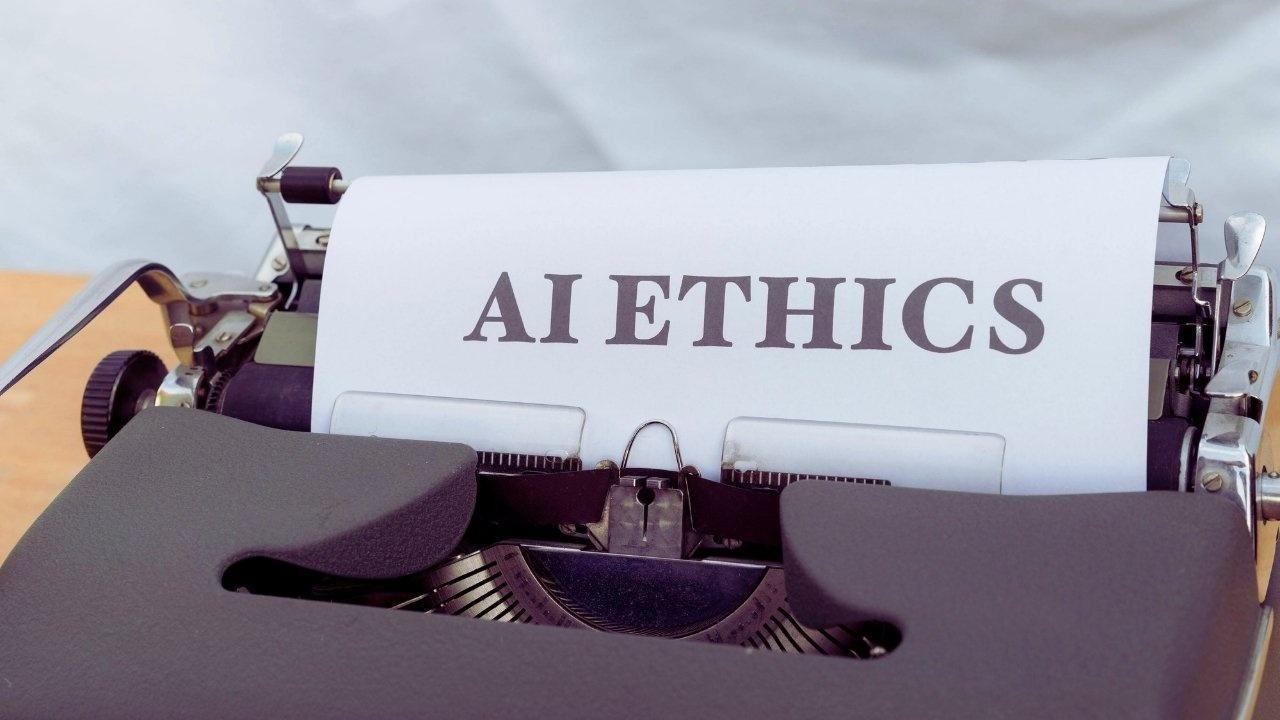You have not yet added any article to your bookmarks!

Join 10k+ people to get notified about new posts, news and tips.
Do not worry we don't spam!

Post by : Anis Farhan
Artificial intelligence has moved quickly from a speculative idea to a core technology affecting healthcare, education, finance and national security. Systems once used to assist human judgment now make consequential choices, creating new benefits and new hazards. Without clear oversight, AI risks widening inequality, accelerating falsehoods and operating outside accepted ethical limits.
In 2025 the world faces a pivotal moment. States, corporations and academic labs are designing cross-border frameworks aimed at ensuring AI systems remain transparent, accountable and safe. Effective regulation is not merely restrictive; it is about embedding values that will shape society’s partnerships with increasingly capable machines.
What began as theoretical debate in universities has become a practical policy priority. Issues of fairness, bias and responsibility now influence boardroom strategies and national lawmaking as much as scholarly discussion.
The arrival of generative models, autonomous agents and deep learning tools has intensified demand for standards. Policymakers are establishing ethics committees, strengthening data protection and forming international networks to agree on common safeguards for machine intelligence.
AI differs from conventional technologies because it adapts and evolves. Static rules can quickly fall behind as models grow more capable or operate with greater independence.
AI systems also operate across borders: an application trained in one jurisdiction can shape markets and public opinion worldwide. Effective governance requires cooperation among nations with different cultural priorities, legal traditions and economic goals.
The task, therefore, is designing flexible, cooperative institutions that can keep pace with rapid technical change.
Central to ethical AI is the question of fairness. Machine systems learn from historical data, which often contains human prejudices—by race, gender or socioeconomic status. Left unchecked, AI can replicate and magnify these distortions.
Examples include hiring tools that unintentionally exclude qualified groups or predictive policing systems that disproportionately affect certain communities. Addressing these harms requires transparent datasets, diverse development teams and tools to detect and correct biased outcomes.
Accountability measures must allow observers to trace how systems reach decisions and to intervene when those outputs are unjust.
Data fuels AI. From health records to online behaviour, personal information underpins model performance, raising sensitive questions about consent, surveillance and control.
Regions such as the European Union have led the way with laws like the General Data Protection Regulation (GDPR), giving individuals more control over their data. In 2025 similar protections are being debated across Asia, the Americas and Africa, focusing on ethical data practices and users’ rights.
Policymakers must strike a balance between enabling innovation and safeguarding fundamental digital rights.
Liability is a growing legal and ethical question. If an autonomous vehicle crashes or an algorithm triggers a damaging financial move, should responsibility rest with developers, deployers, or both?
Many legal thinkers endorse a ‘‘human-in-the-loop’’ approach—keeping people ultimately accountable for systems they deploy. But as autonomy increases, assigning blame becomes more complex.
Emerging proposals call for traceability mechanisms so decisions can be audited and explanations provided when outcomes cause harm.
Because AI crosses national frontiers, international cooperation is essential. Organisations from the United Nations to the OECD and UNESCO are working to align ethical principles and regulatory approaches.
In 2025 momentum is building for a possible "Global AI Accord," a treaty-style framework inspired by international climate efforts to coordinate safety, transparency and data governance and to avoid a destabilising AI arms race.
Absent such coordination, fragmented national rules could create loopholes and unequal protections worldwide.
Large technology firms shape the AI agenda through research, deployment and platform reach. Many have established internal ethics panels and public principles, yet critics argue these measures are insufficient without independent oversight.
To be effective, oversight should combine private-sector innovation with public accountability—independent audits, enforceable standards and public–private collaboration may offer a balanced path forward.
Governments increasingly use AI for planning, public safety and economic analysis. While such tools can improve services, they raise new questions about transparency and democratic oversight.
When algorithms influence who receives public benefits or where policing resources are deployed, citizens deserve clear explanations and remedies. Openness about model design and data is vital to preserve trust in public institutions.
Responsible public-sector AI safeguards civic dignity while leveraging technological benefits.
A major governance challenge is reconciling diverse cultural values. Ethical priorities differ: some societies prioritise individual privacy, others emphasise collective welfare or national security.
Any global framework will need to respect these differences while upholding core principles such as safety, fairness and human rights. Ethical pluralism—acknowledging multiple moral frameworks—will be important for building broad consensus.
The next generation of AI regulation must be adaptable. Policymakers are experimenting with dynamic rules, regular reviews and algorithmic audits that evolve as technology does.
Transparency will matter: systems should be explainable and their data provenance disclosed. Inclusion is equally crucial—ethicists, technologists, civil society and affected communities must all have a voice in shaping rules.
This blended approach can encourage innovation while protecting social stability and rights.
Effective AI governance should guide innovation rather than simply restrict it. Well-designed rules can protect people, foster fairness and build public trust in technology.
As AI becomes integral to daily life, the frameworks we adopt will reflect our collective values. The future will be determined less by technical capability than by the ethical choices societies make about how these systems should serve humanity.
This article is intended for informational purposes only. It does not constitute legal, policy, or ethical advice. Readers should consult qualified professionals or official guidelines for specific insights into AI regulation or compliance requirements.










Study Warns Using AI for Medical Advice Is ‘Dangerous’ as Users Get Inaccurate Health Guidance
A major new study reveals that artificial intelligence (AI) chatbots and tools may give misleading o

Top Sci-Fi Movies Streaming on Netflix This February: Must-Watch Picks for Genre Fans
A curated news-style guide to the best science fiction films currently available on Netflix in Febru

BCCI Central Contracts Shake-Up: Kohli, Rohit Moved to Grade B as Board Reshapes 2025–26 List
Virat Kohli and Rohit Sharma have been placed in Grade B in the BCCI’s 2025–26 central contract list

Dalal Street Spotlight: Top 10 Stocks Investors Are Watching as Markets Open on a High
Indian stock markets begin the week with strong momentum, and several blue-chip and mid-cap stocks a

Market Movers Today: Key Stocks Set To Watch In Indian Markets
Indian equity markets are poised for active trading as several major companies, including Bharti Air

Milan Welcomes the World: Inside the Grand Opening Ceremony of the 2026 Winter Olympics
The 2026 Winter Olympics opening ceremony in Milan marked a defining moment for global sport, blendi